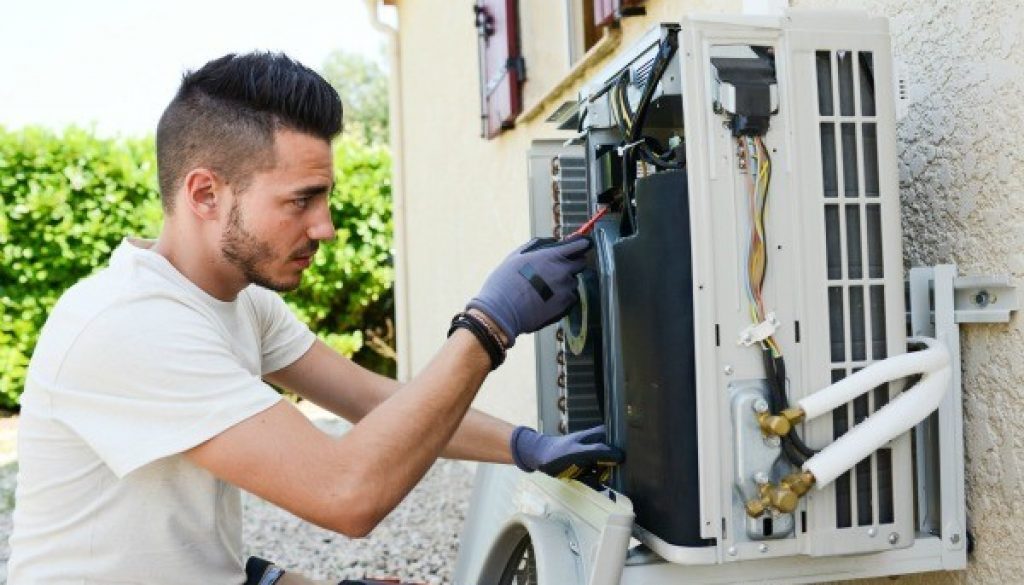Discover Proven Strategies to Reduce Energy Costs with Air Compressor Optimization
Air compressors are essential in a wide range of industrial operations, yet they are also one of the most energy-intensive systems in a facility. Optimizing the use and maintenance of air compressors can significantly reduce energy consumption and, in turn, lower operational costs. One of the most effective strategies is conducting a comprehensive energy audit. This process helps identify inefficiencies in the current system, such as air leaks, improper pressure settings, or outdated equipment. By pinpointing these issues, facility managers can prioritize corrective actions that deliver measurable savings. Another key approach to reducing energy use is properly managing system pressure. Many systems are set to operate at higher pressures than necessary, which increases energy usage without improving productivity. Lowering the pressure to the minimum required for applications can lead to significant energy savings. Additionally, pressure regulators and storage tanks can help maintain consistent performance without overburdening the compressor. These adjustments help the system work more efficiently while reducing wear and tear on components.

Routine maintenance is also crucial for air compressor efficiency. Over time, filters can become clogged, oil levels may drop, and components can wear out, all of which reduce system performance. A proactive maintenance schedule ensures that these issues are addressed before they escalate. Regular inspections, timely filter replacements, and proper lubrication can prevent energy waste and extend equipment lifespan. Investing in maintenance ultimately translates to lower energy costs and reduced downtime. Reducing air leaks in compressed air systems is another fundamental strategy. Even small leaks can cause significant energy losses if left unchecked. Common leak points include pipe joints, connections, and hoses. Implementing a leak detection program using ultrasonic detectors or soapy water can help locate and repair these issues efficiently. Sealing leaks promptly not only saves energy but also improves overall system performance and reliability.
Proper system design is another factor that can impact energy efficiency. Ensuring that piping layouts are as direct and short as possible reduces pressure drops and minimizes energy waste. Using the appropriate pipe size and materials also contributes to smoother air flow and better compressor performance. When designing or modifying a compressed air system, it is beneficial to consider both current and future demand to avoid oversizing, which often leads to unnecessary energy consumption. Integrating automation and control systems can enhance overall compressor efficiency. Advanced control technologies allow multiple compressors to work together intelligently, this link matching output to real-time demand. This reduces instances of unloaded running time, a major source of energy loss. Monitoring and analytics tools also provide valuable data for making informed decisions about system improvements. These technologies support a more dynamic and energy-conscious operation, helping facilities achieve long-term savings.